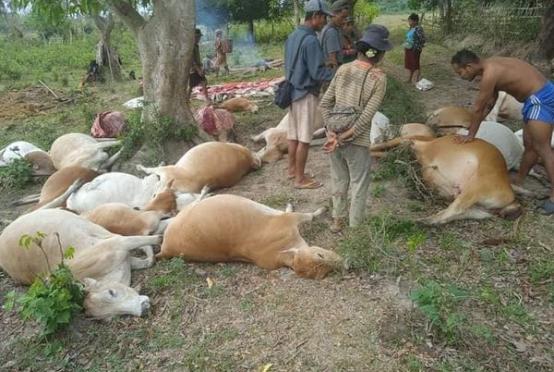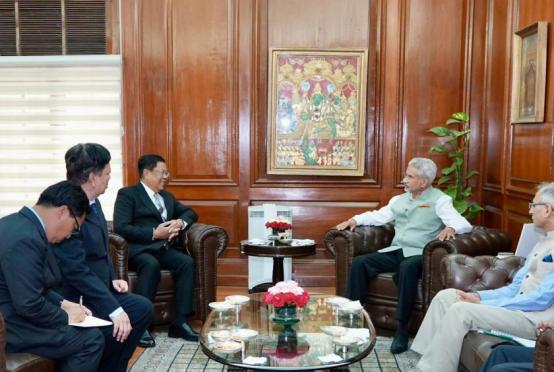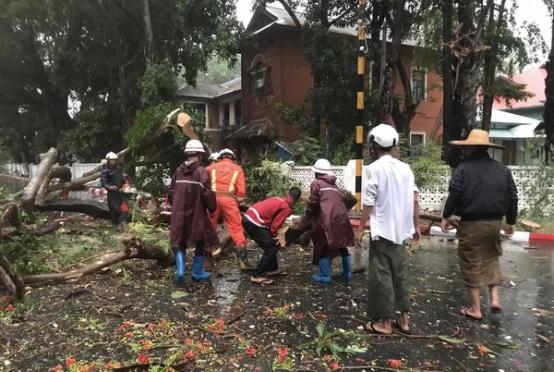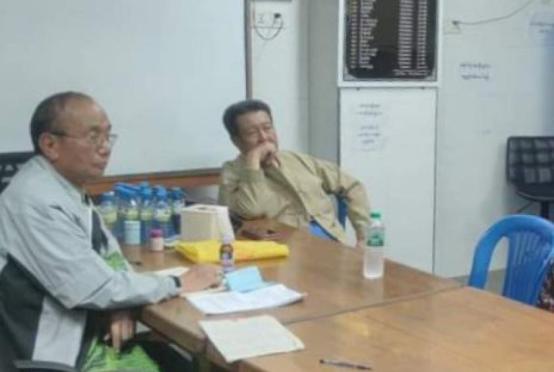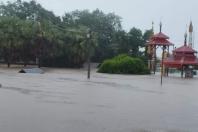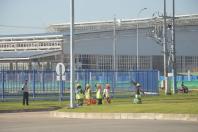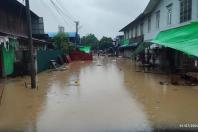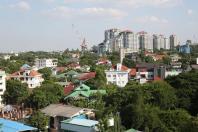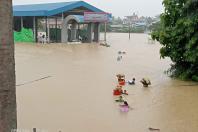Chin State government is holding discussions with foreign companies on investments in the large-scale hydropower projects in high potential places in Chin State, according to the report on “Opportunities and Challenges for Economic Development in Chin State.”
Within two years since the current government took office, hydropower projects have topped the list of discussions.
According to the report, the places with most potential for large-scale hydropower generation are Laymyo River (estimated 600 MW) near Kopeshae village in Thandaung region in Paletwa Township and Manipura River (estimated 380 MW) near Kabarni in Hpalan Township.
The possible places for medium-scale hydropower generation (between 10 MW and 30 MW) and the small-scale power generation (estimated below 10 MW) are found in Matupi, Mindat, Htantalan, Tedim and Tunzan Townships.
During two years, at least seven companies from China, Japan and Norway are conducting feasibility studies of hydropower generation in Chin State, according to the report.
According to the 2014 Electricity Law, the region and state governments has the authority to manage up to 30 MW power projects. In addition, the power generation must be the ones which are not linked to the national power grids. Investors looking to generate power on a commercial scale to the national power grid, find it difficult to invest in the projects without seeking prior approvals from the Union government and the Ministry of Electricity and Energy, especially considering when the tariff on electricity is extremely low.
Most worry that the break-even period may be too long.
Investors will have to take risks even though there are projects which can generate power, said an entrepreneur who is making discussions with the Chin State government.
As the regions and states including Chin State have no the electric power generation department, the region and state governments alone are unable to implement the projects with the approval of the Ministry of Electricity and Energy, according to the report.

